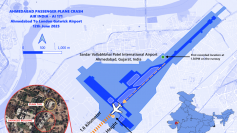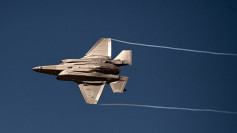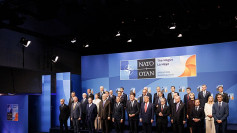Despite Htin Kyaw's resignation and uncertainty who will be the next president, energy cooperation between China and Myanmar will not be negatively influenced, which is reaffirmed by Mr. Zaw Aung, Director General of Oil and Gas Planning Department, Ministry of Electricity and Energy of Myanmar.
"Myanmar will fulfill all contractual obligations concerning signed projects with China amid the current leadership transit." He said at Offshore Technology Conference (OTC) Asia 2018, which was held in Kuala Lumpur, Malaysia from 20th - 23rd March.
As part of China's strategy to diversify its energy supply routes, China and Myanmar finally reached an agreement to open a long-delayed cross-border crude oil pipeline from Myanmar's Maday island to Kunming, provincial capital of Yunnan province in Southwest China at end of Myanmar's president Htin Kyaw first state visit to China in April 2017. This initiative allows China to import crude oil from Middle East and Africa in a faster way for oil tankers would not sail the Strait of Malacca.
Currently, China, the second biggest oil consumer globally, transports roughly 80% of its oil supply from Middle East and Africa through the narrow and busy sea-route.
Htin Kyaw resigned on 21st March as he wanted to "take a rest" quoted from his office's Facebook page, and the announcement took effect immediately. As a matter of fact, his resignation is not surprising because he had travelled abroad for medical treatment for several times, but which had been firmly denied by the government in the last few months. Aung San Suu Kyi's party, the National League for Democracy, nominated Htin Kyaw as president in 2016. In exchange, Htin Kyaw agreed to be Aung San Sun Kyi's proxy for she has been "constitutionally" barred from presidency.
Besides, Mr. Zaw Aung added that Myanmar is also actively cooperating with other neighboring countries in energy sector, such as India and Bangladesh, which implies Myanmar's neutral stance of diplomatic strategy as it is geographically located between two rising regional powers in Asia, namely China and India. Myanmar has adeptly managed to maintain a sound and balanced relations with both two countries in past years. At last, he mentioned that Myanmar will spare no efforts to ensure fairness and transparency on bidding rounds of oil blocks for mutually shared benefits between Myanmar and foreigner investors.
According to EIA, Burma (Myanmar) exported 491 billion cubic feet of dry natural gas in 2015, ranking 17th in the world. EIA's data also shows that Burma (Myanmar) had 10 trillion cubic feet of proved reserves of natural gas in 2016, ranking 40th in the world.




